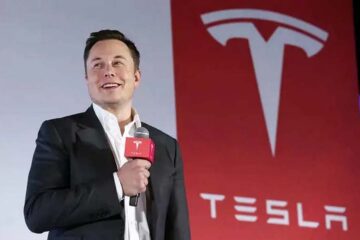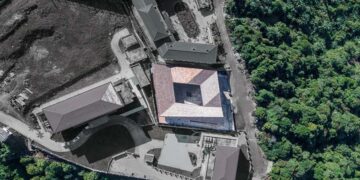Tesla Confronts Electric Vehicle Slowdown

Tesla, a pioneer in the electric vehicle (EV) market, is beginning to experience the impact of a broader slowdown in EV sales, echoing challenges faced by the industry as a whole.
Facing Quarterly Decline
In a recent report, Elon Musk’s Tesla revealed its lowest quarterly deliveries since 2022, marking its first year-over-year quarterly decline since 2020. This downturn, coupled with a significant miss compared to analyst expectations, underscores the growing pressure on the EV giant.
Vulnerability to Market Shifts
Tesla’s recent struggles highlight its vulnerability to the overall slowdown in EV sales that has affected its competitors since the latter part of 2023. Despite maintaining robust profit margins, Tesla has been unable to entirely shield itself from the changing dynamics of the EV market.
Impact on Model 3 and Model Y
Even Tesla’s more affordable offerings, such as the Model 3 and Model Y, have not been immune to the downturn. Deliveries of these models declined by 10% compared to the same period last year and by 20% from the previous quarter, indicating a broader shift in consumer preferences.
Challenges in Attracting Next-Generation Buyers
As the market evolves, Tesla faces challenges in attracting the next wave of EV buyers. Price reductions, which have been effective in the past, may no longer suffice. A study by the Boston Consulting Group suggests that emerging EV buyers prioritize factors such as running costs and purchasing from established legacy brands.
Competition from Hybrids
Hybrid vehicles, which Tesla does not offer, are gaining traction among certain segments of EV buyers. The mass-market and premium sedan, coupe, and crossover segments, where Tesla has a strong presence, are particularly susceptible to hybrid demand.
Emerging Competitors
The Boston Consulting Group identifies Hyundai’s Ioniq 6 as a formidable competitor, closely followed by Tesla’s Model 3, meeting consumers’ criteria regarding price, range, and charging time. This underscores the increasing competition Tesla faces in the evolving EV landscape.
Production Challenges and Future Outlook
While Tesla attributes some of its delivery decline to production slowdowns related to the ramp-up of its refreshed Model 3 and overseas factory shutdowns, analysts express concerns about the company’s future performance. Deutsche Bank’s Emmanuel Rosner suggests that Tesla may face not only production bottlenecks but also underlying demand issues in the coming year.
Earnings Call Insights
Investors and analysts await further insights from Tesla’s earnings conference call scheduled for April 23, providing an opportunity to assess the company’s strategies and outlook amidst the evolving EV market landscape.





















